13:30
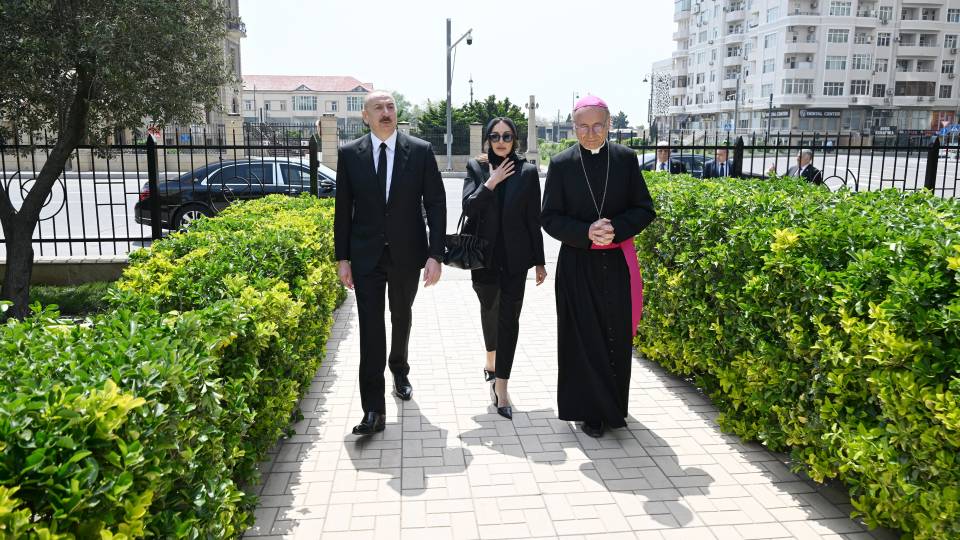
Eurasia.net
July 16, 2010
Shahin Abbasov
It started with chic shops and restaurants, and a hipster modern art museum. Now, in a bid to lure international conferences and events, Azerbaijan’s capital, Baku, is experiencing a luxury hotel building boom.
Six large (on average, 300 rooms each) five-star international hotels -- Fairmont, Four Seasons, JW Marriott, Hilton, Kempinski and Dedeman -- are under construction now in Baku. The Four Seasons, Hilton and Dedeman should open in early 2011; the others by 2013.
But this is not just about attracting well-heeled tourists. It is about making Baku competitive as a mega-event mecca.
If Azerbaijan’s Eurovision contestant, Safura, had triumphed at the annual pop extravaganza this year, Baku would not have had the facilities to host the event in 2011, noted Faig Gurbatov, national coordinator of the government’s Tourism Development Project, an initiative run jointly with the United Nations Development Programme.
Currently, Baku features only a few luxury hotels run by international chains -- the Hyatt Regency, Park Hyatt, Radisson Blu and Ramada Baku. A single room at this level of hotel runs $260 per night, on average, according to Tourism Development Project data.
That leaves the government with a problem – too few international-level hotel rooms to go around. Hotels may have boomed in Azerbaijan in 2009 – the State Statistics Committee reports a 22-percent increase – but just 89 of the 452 establishments are located in Baku. And they have the capacity to handle only about 7,800 guests.
Azerbaijan has seen the number of foreign visitors more than double since 2002 – from 576,000 in 2002 to over 1.4 million in 2009, the Tourism Development Project reports. (The number does not distinguish between tourists and business travelers).
Baku hopes those figures will increase further as it promotes the Caspian Sea city as a site for “conference tourism,” Gurbatov, the tourism official, said. “Each year, Baku hosts more government-sponsored conferences and other events. But the creation of the appropriate infrastructure -- luxury hotels, large expo-centers, convention centers, conference halls and stadiums -- will allow the government to bid on hosting large-scale international events.”
One 33,800-square-meter exposition center opened in Baku in May; the government has also begun construction of a 60,000-seat soccer stadium. The sprawling 90,071-square-meter Heydar Aliyev Cultural Centre, designed to look like rippling waves, will open in 2013.
Attracting sporting events and conferences to these venues “is a matter of both the country’s prestige and commercial profit from foreign visitors,” Gurbatov added. One big bid is already on the table – for the final of the Union of European Football Associations Champions League, held this year in London.
Amid the construction surge, close attention is being paid to profitability, maintains a manager from ISR Capital Investments, the local property developer for the Hilton. He estimated that the 300-room hotel “will cost us more than $140 million in [privately funded] investments.”
“We have attracted a $91 million loan from the Turkish YapiKredi Bank for this purpose. Of course, we would not do that if we were not confident about the project’s financial efficiency,” said the manager, who asked not to be named.
Aside from the Hilton, ISR Capital Investments’ parent company, ISR Group, manages the Radisson and two smaller hotels, the Park Inn and Sultan Inn.
Other local companies are cashing in on the interest in luxury hotels, too. The influential Pasha Holding, active in the banking, construction, travel and insurance sectors, will manage The Four Seasons and JW Marriott Hotels; Gilan Holding, with interests in the manufacturing, construction and food industries, is working on the Kempinski, while Azinco, part of Azersun Holding, the country’s largest food exporter, is handling the Fairmont.
Turkey’s Dedeman Hotels & Resorts Group will manage the Dedeman Baku Hotel.
For now, expectations run high that these groups will benefit from their investments – assuming that the government succeeds with its “conference tourism” strategy. Commented Kenan Aslanly, an analyst at Baku’s Public Finance Monitoring Center: “If this strategy is successfully implemented, the country will win both economically and politically.”

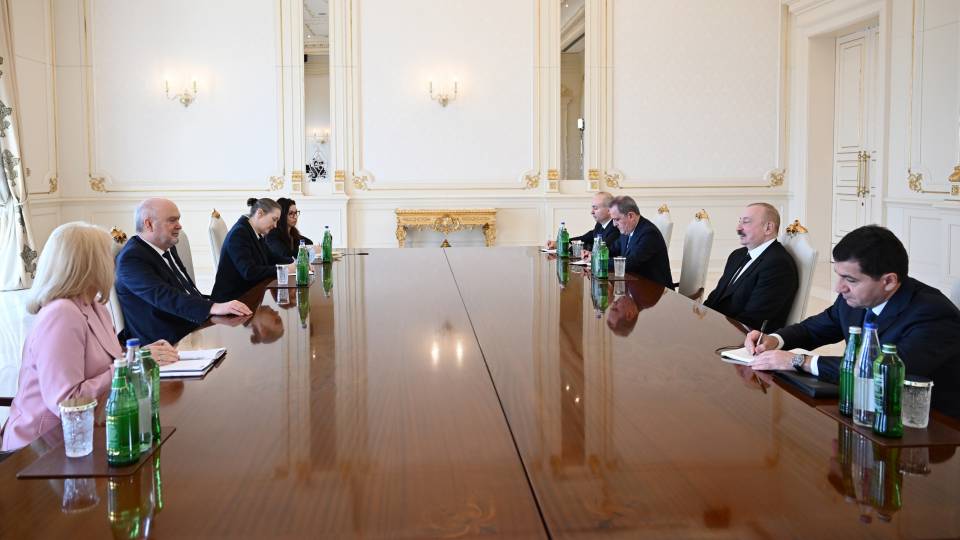
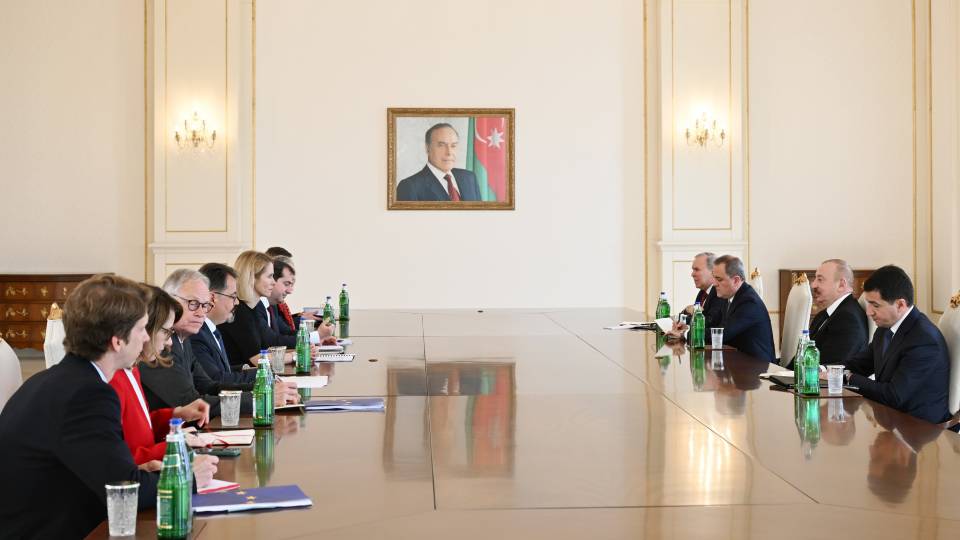
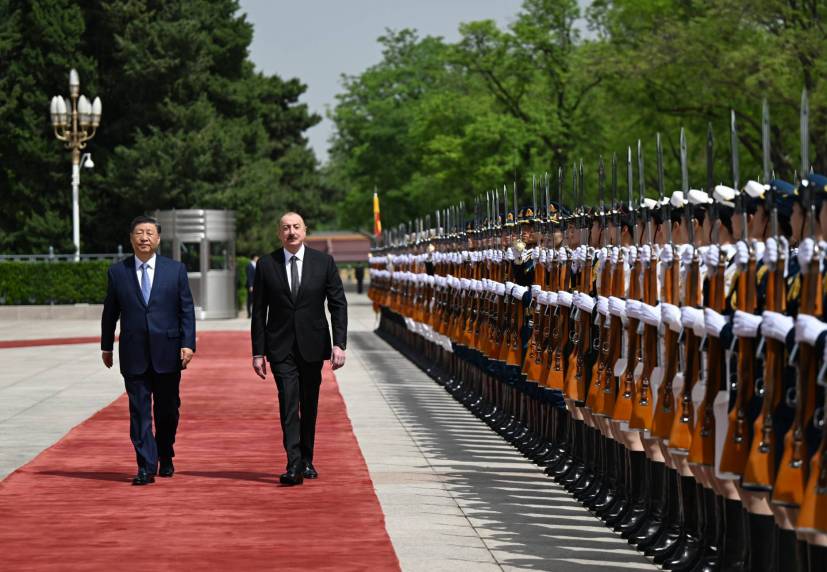
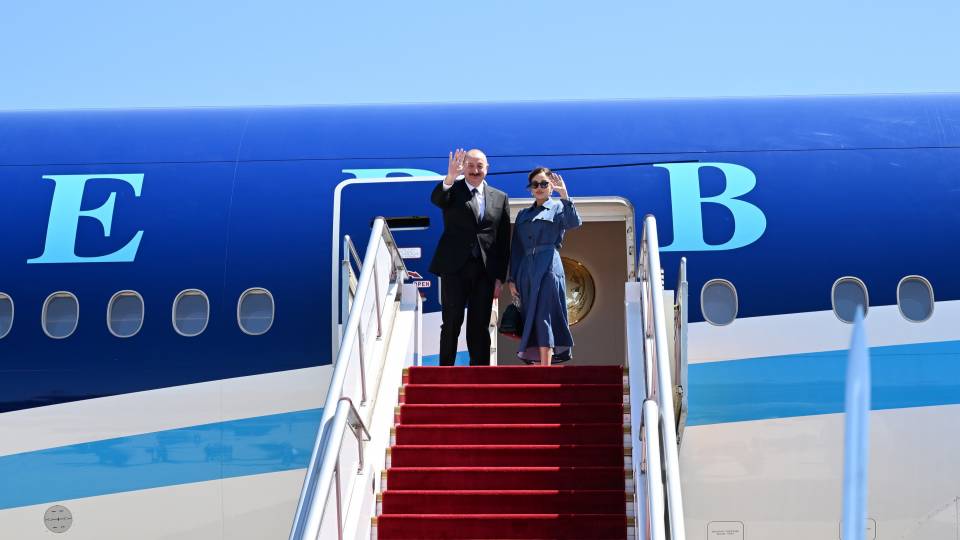
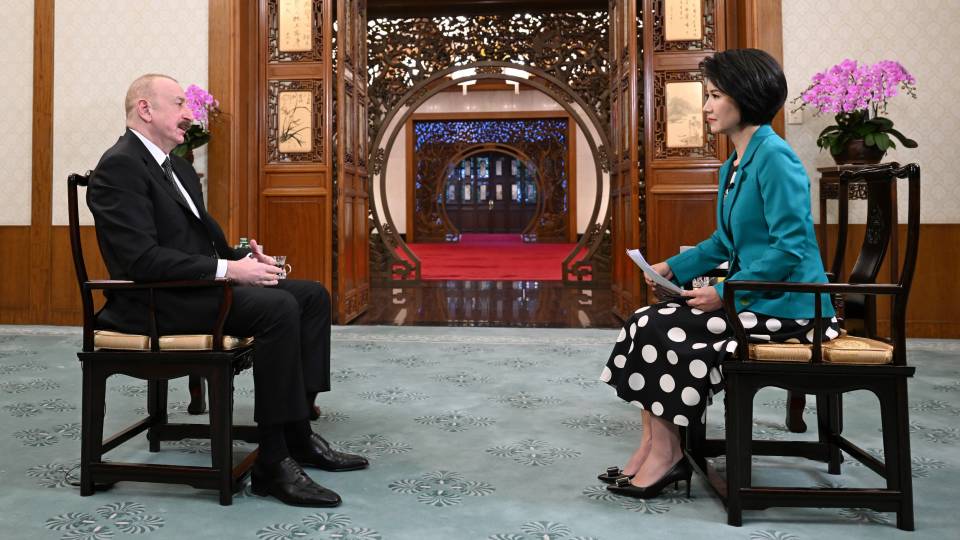
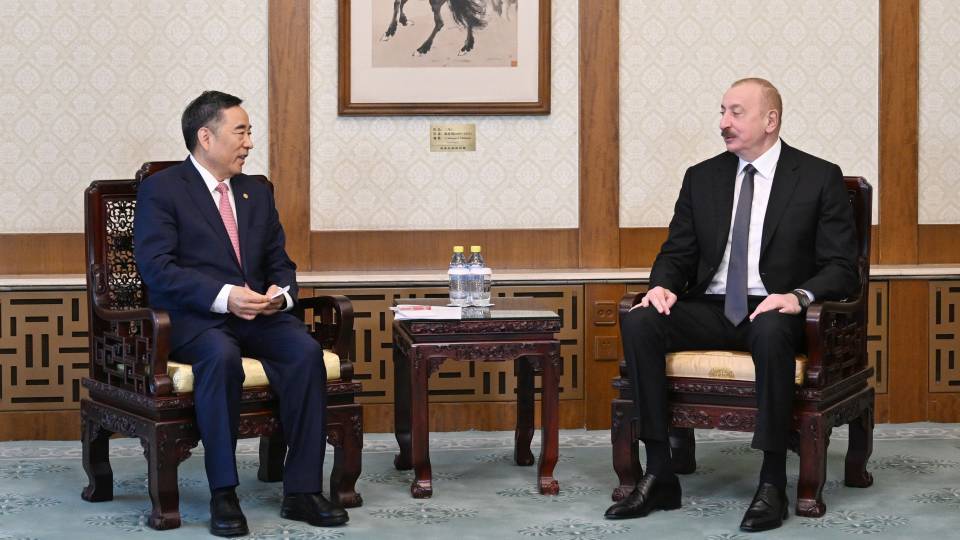
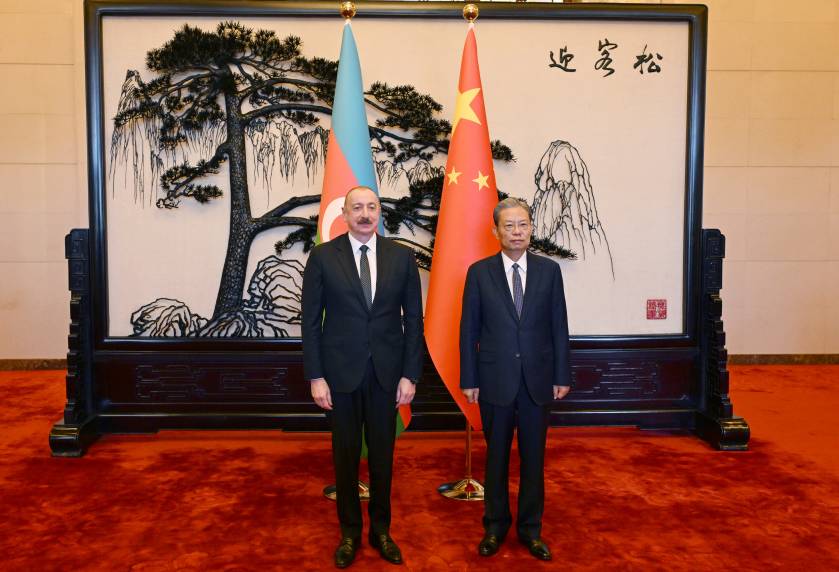
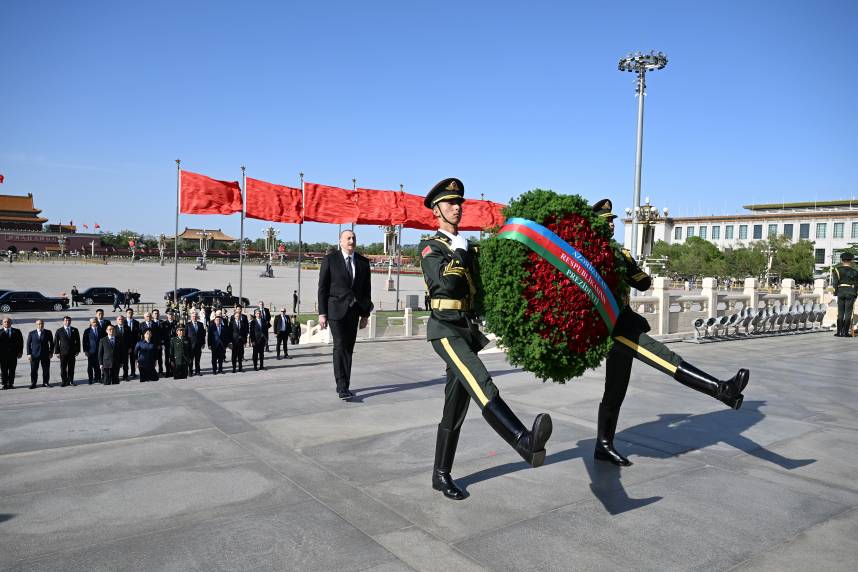
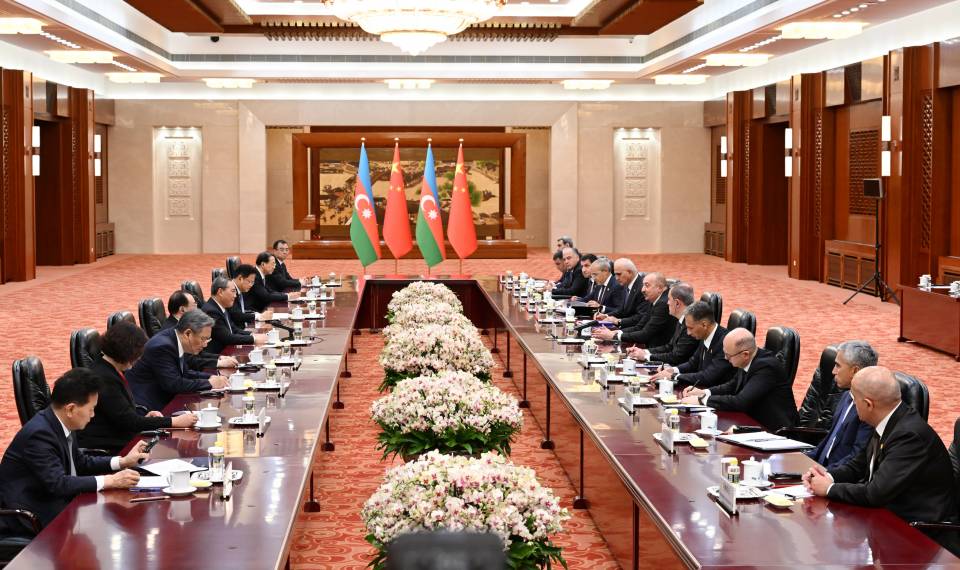
On April 23, President of the People's Republic of China Xi Jinping and First Lady Peng Liyuan hosted an official banquet in Beijing in honor of President of the Republic of Azerbaijan Ilham Aliyev and First Lady Mehriban Aliyeva.
23 April 2025, 12:15The “Joint Statement on the Establishment of a Comprehensive Strategic Partnership between the Republic of Azerbaijan and the People’s Republic of China” was signed in Beijing on April 23 during the state visit of President of the Republic of Azerbaijan Ilham...
23 April 2025, 10:57